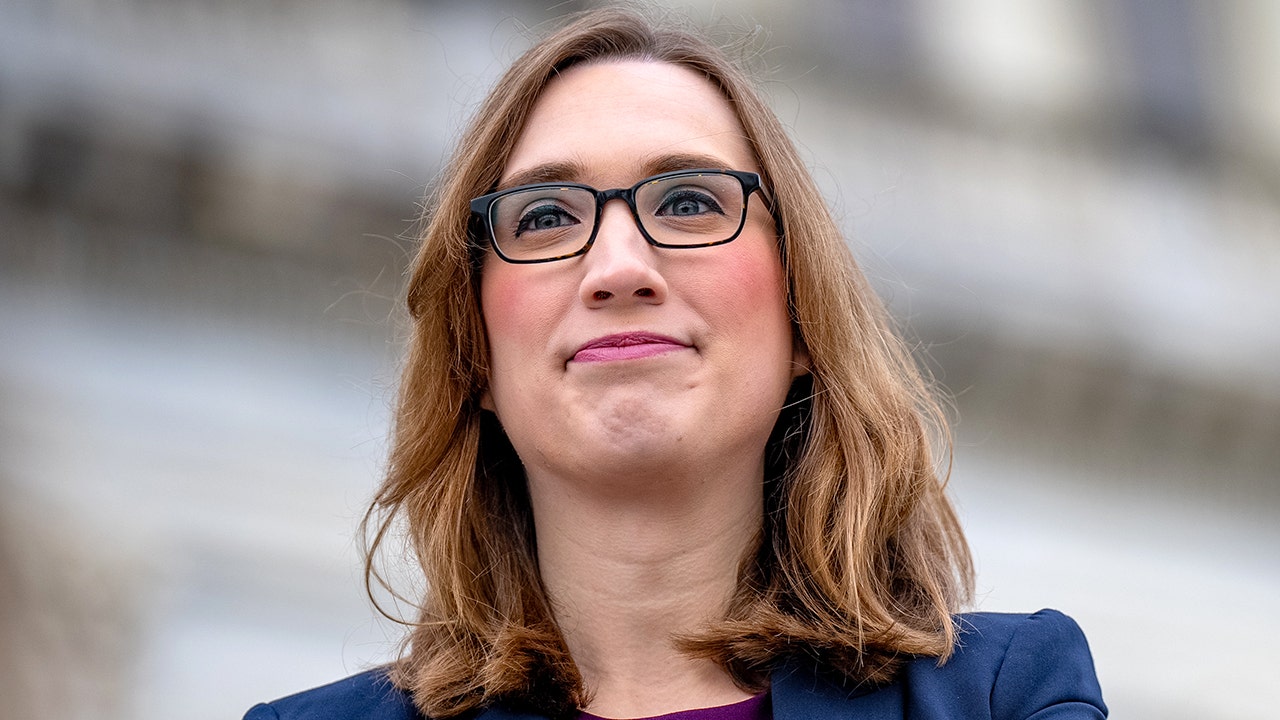A global treaty to fight pandemics like COVID is going to have to wait: After more than two years of negotiations, rich and poor countries have failed — for now — to come up with a plan for how the world might respond to the next pandemic.
After COVID-19 triggered once-unthinkable lockdowns, upended economies and killed millions, leaders at the World Health Organization and worldwide vowed to do better in the future. In 2021, member countries asked the U.N. health agency to oversee negotiations to figure out how the world might better share scarce resources and stop future viruses from spreading globally.
On Friday, Roland Driece, co-chair of WHO’s negotiating board for the agreement, acknowledged that countries were unable to come up with a draft. WHO had hoped a final draft treaty could be agreed on at its yearly meeting of health ministers starting Monday in Geneva.
“We are not where we hoped we would be when we started this process,” he said, adding that finalizing an international agreement on how to respond to a pandemic was critical “for the sake of humanity.”
Driece said the World Health Assembly next week would take up lessons from its work and plot the way forward, urging participants to make “the right decisions to take this process forward” to one day reach a pandemic agreement “because we need it.”
The latest health and medical news
emailed to you every Sunday.
The draft treaty had attempted to address the gap that occurred between COVID-19 vaccines in rich and poorer countries, which WHO Director-General Tedros Adhanom Ghebreyesus said amounted to “a catastrophic moral failure.”
Addressing a sullen final day of negotiations, the WHO chief insisted, “This is not a failure.”
“We will try everything — believing that anything is possible — and make this happen because the world still needs a pandemic treaty,” he said. “Because many of the challenges that caused a serious impact during COVID-19 still exist.”

The accord’s aim was to set guidelines for how the WHO’s 194 member countries might stop future pandemics and better share resources. But experts warned there were virtually no consequences for countries that don’t comply.
The co-chairs of the treaty-drafting process didn’t specify what caused the logjam, but diplomats have said vast differences remained over sharing of information about pathogens that emerge and the sharing of technologies to fight them.
The latest draft had proposed that WHO should get 20 per cent of the production of pandemic-related products like tests, treatments and vaccines and urges countries to disclose their deals with private companies.
Earlier this month, U.S. Republican senators wrote to the Biden administration, arguing that the draft treaty focused on issues like “shredding intellectual property rights” and “supercharging the WHO.” They urged Biden not to sign off.
Britain’s department of health said it would only agree to an accord if it adhered to British national interest and sovereignty.
Meanwhile, many developing countries said it’s unfair that they might be expected to provide virus samples to help develop vaccines and treatments, but then be unable to afford them.
Precious Matsoso, the other co-chair of WHO’s negotiating board for the pandemic treaty, said there was still an opportunity to reach agreement and that efforts wouldn’t stop — despite the inability to reach a deal on Friday.
“We will make sure that this happens, because when the next pandemic hits, it will not spare us,” she said.
Tedros, the WHO chief, said there should be no regrets.
“What matters now is when do we learn from this and how can we reset things, recalibrate things, identify the main challenges, and then move on,” he said.
© 2024 The Canadian Press






















Discussion about this post